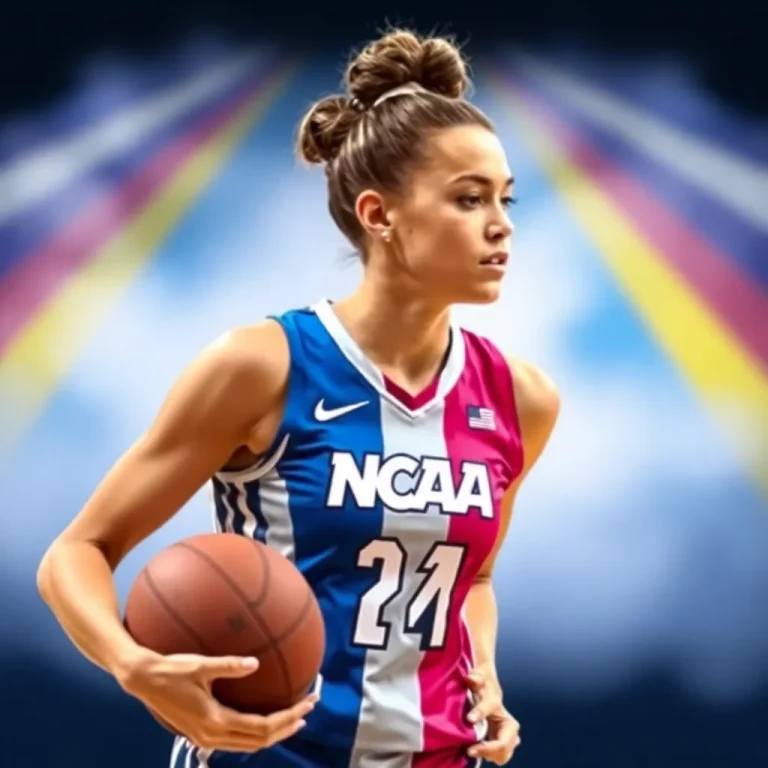In Philadelphia, recent developments in NCAA sports have raised questions about the participation of transgender athletes in women’s competitions. A letter from the U.S. Department of Education has urged NCAA President Charlie Baker and the National Federation of State High School Associations President Bob Lombardi to reallocate titles and awards earned by transgender athletes. This letter comes after a new executive order from the Trump administration aimed at keeping men out of women’s sports.
The Department stated the need to not only protect female sports categories moving forward but also to restore all records and accolades that they claim were wrongfully awarded to male athletes. Candice Jackson, a Deputy Counsel in the Department of Education, emphasized in her letter that it is essential to realign policies in accordance with this new directive.
This situation follows the case of Lia Thomas, a transgender woman and former swimmer for the University of Pennsylvania, who made headlines during the 2021-22 season. Thomas achieved significant success, including winning an NCAA championship and multiple Ivy League titles, with some of her records now at risk of being erased. Paula Scanlan, a former teammate of Thomas, expressed her concerns about the records currently held by a transgender athlete on her social media, highlighting that all freestyle records at the university are attributed to a male.
The Department of Education is also investigating allegations that Penn and other institutions violated Title IX by allowing transgender women to compete in women’s sports. Just a day before the investigation was announced, three former swimmers filed a lawsuit accusing Penn, and others, of violating Title IX regulations. They argue that allowing Thomas to compete in women’s events is unfair competition.
According to recent statistics, there are only 44 active transgender athletes in collegiate sports, and only three of these athletes have secured NCAA titles, including Thomas. Baker stated previously that there were fewer than 10 transgender athletes competing, pointing to a very small population involved in NCAA competitions.
As discussions continue around this topic, the NCAA faces increasing scrutiny and pressure to address the complexities surrounding transgender athletes in sports.



